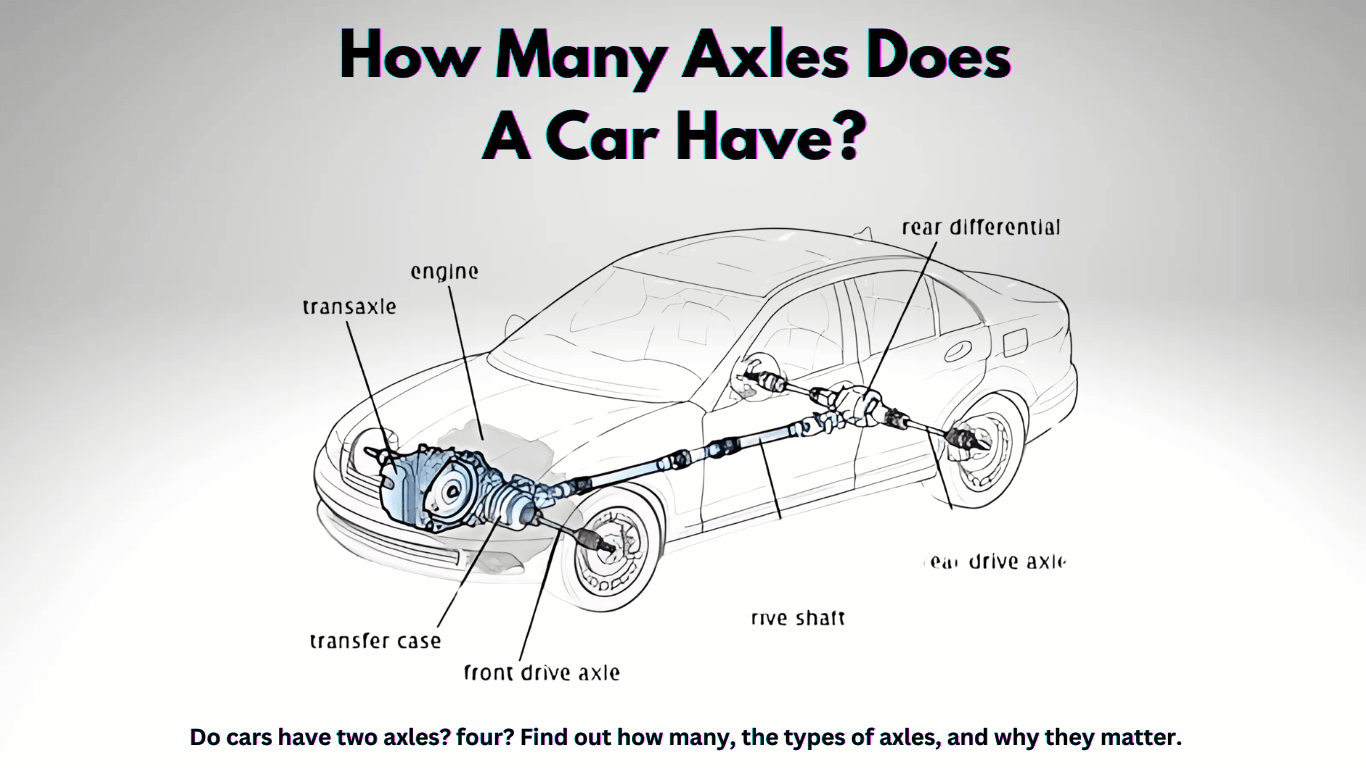
By John Watson
29 Jun 2024
Car Dealer Lied about Warranty | Can You Check it?
Imagine you've found the perfect used car – in excellent condition, reliable, and within budget. The salesperson assures you it comes with a comprehensive warranty, easing your worries about unexpected repairs. But what if that warranty isn't quite what it seems?
Unfortunately, car dealerships can sometimes misrepresent warranty coverage, leaving you financially responsible for repairs you thought were covered.
Did your car dealer lie about warranty coverage? In this article, we will look at the steps you can take if the dealer lied about a vehicle's warranty.
What is a Dealership Warranty?
A dealership warranty is a manufacturer-back auto warranty that covers used or new cars purchased from dealerships. This warranty could cover different things. Most of the time, you should find specifics in the contract showing what is covered and what you must do to repair covered parts.
In most cases, dealership warranties require only that you have the car serviced or repaired at the dealership where it was purchased.
How can you tell if a car dealer lied about warranty information?
If you are in the market for a used car, knowing how to tell if a dealer is not transparent about the warranty and other details can save you thousands of dollars. Can you tell if a dealer is lying? Yes. How?
Carefully Read the Warranty Documentation
Take the time to read all the details of the warranty paperwork. To understand what is covered, look for specific terms, coverage limits, and exclusions.
Ask Specific Questions and Record Answers
Ask the dealer precise questions about the warranty coverage. Record their answers in writing or take notes so you have a reference if discrepancies arise later.
Consult the Manufacturer’s Warranty Guide
Refer to the official warranty guide provided by the car manufacturer. This document contains accurate information about what the warranty covers and any applicable conditions.
READ ALSO: Should I Buy a Manufacturer’s Buyback Vehicle?
Checking Warranty With a VIN Check Tool
A few third-party sites, like Detailed Vehicle History, can access a vehicle’s warranty coverage information through a VIN check. With the details shown, you can verify whether a car has warranty coverage.
Car Dealers Don't Have To Tell You Everything
Most of the time, car dealers are not expected to tell you everything. They are even legally allowed to withhold some information for sales. For example, they are not required to inform car buyers about accident records, damages, ownership records, etc.
Usually, you or the dealer would get a vehicle history report. They do this because, sometimes, used cars can be unpredictable, and they don’t want to be sued for misrepresentation. However, they are expected to disclose:
- The vehicle’s mileage
- Salvage or title brand records
Aside from these, you may not get clear information on everything, and sometimes the dealer may not talk too much about the warranty. But if you feel they lied to you, there are a few things you can do.
What to Do if Deceived
Gather Evidence
Start by collecting all relevant documentation that supports your case. This includes the sales contract, warranty papers, inspection reports, and any written communication, such as emails. If you have recordings of conversations with the dealer in which they made specific promises or claims about the warranty, these can be particularly valuable. A well-organized set of evidence will strengthen your position when addressing the issue.
Confront the Dealership
Approach the dealership calmly and professionally. Request to speak with a manager or someone in authority. Present your evidence clearly and explain how the information you were given does not match what is stated in the official warranty documentation. Dealerships often work to resolve such issues to maintain their reputation and customer satisfaction.
Consider Legal Action
You can sue a dealer for any "unfair" or "deceptive" practice! You may need to consider legal action if the dealership is uncooperative or the deception has caused significant financial loss. Depending on the severity of the issue and the laws in your state, you might have grounds for a lawsuit. For example, you can sue a dealer for any "unfair" or "deceptive" practice in South Carolina, but it may not apply in some other state.
Consulting with an attorney specializing in consumer protection or automotive law can guide the best action and help you understand your legal rights and options.
Frequently Asked Questions
What happens if the car dealer makes a mistake?
If the mistake is unintentional, present your evidence to the dealership and ask for a resolution. Dealers often correct genuine errors to maintain customer satisfaction. If the dealer is uncooperative, you may need to escalate the issue to consumer protection agencies or seek legal advice.
Can I sue a car dealership for lying?
Yes, you can sue a dealership for deceptive practices. Most states have laws that protect consumers from unfair and deceptive practices. Consult an attorney specializing in consumer protection or automotive law to understand your rights and the best action.
How do you know if a dealer is ripping you off?
You can find out if a dealer is ripping you off by carrying out your investigation. A car dealer may list the fees for a car purchase clearly, but you can ask for a clear breakdown or explanation yourself. You can verify the market value with a VIN check and a vehicle history report. You can also check for previous history records using the report. This should give you an idea of the vehicle’s worth.